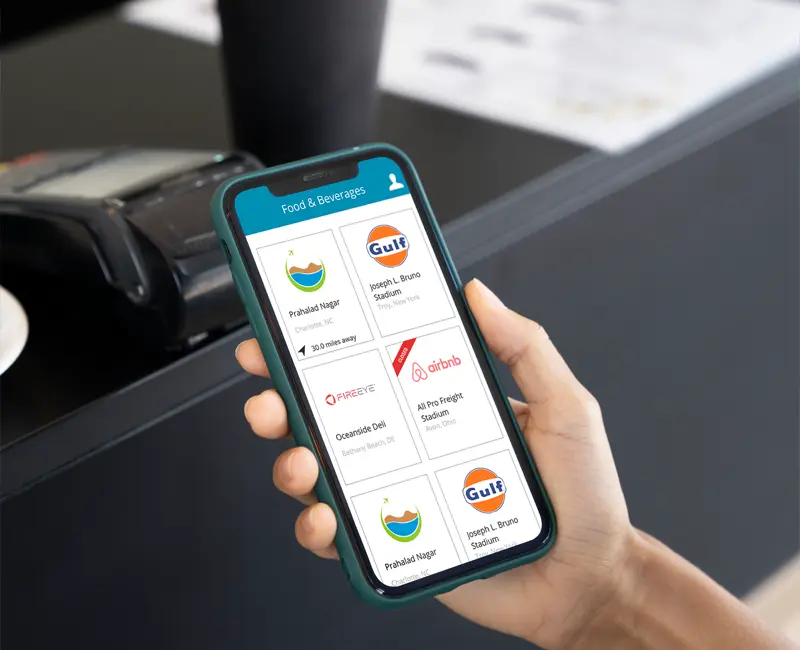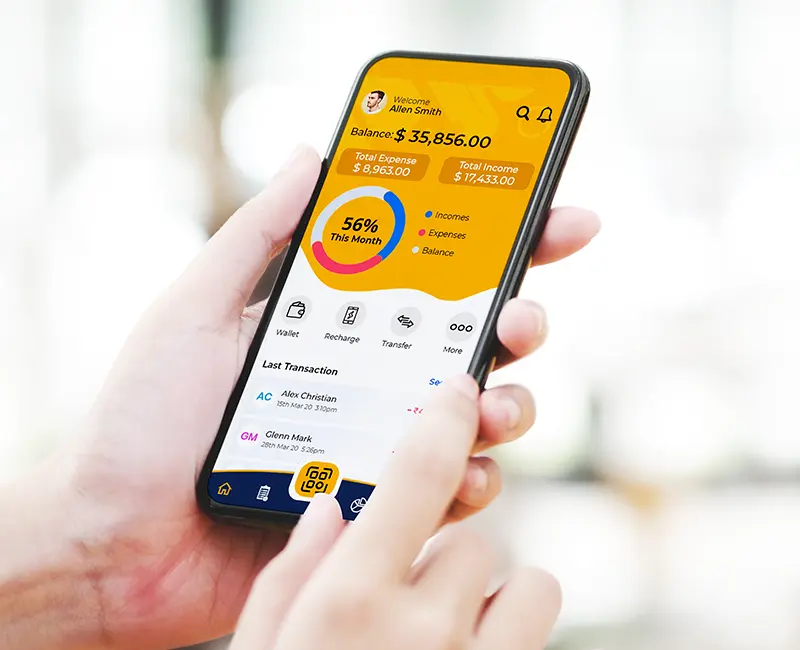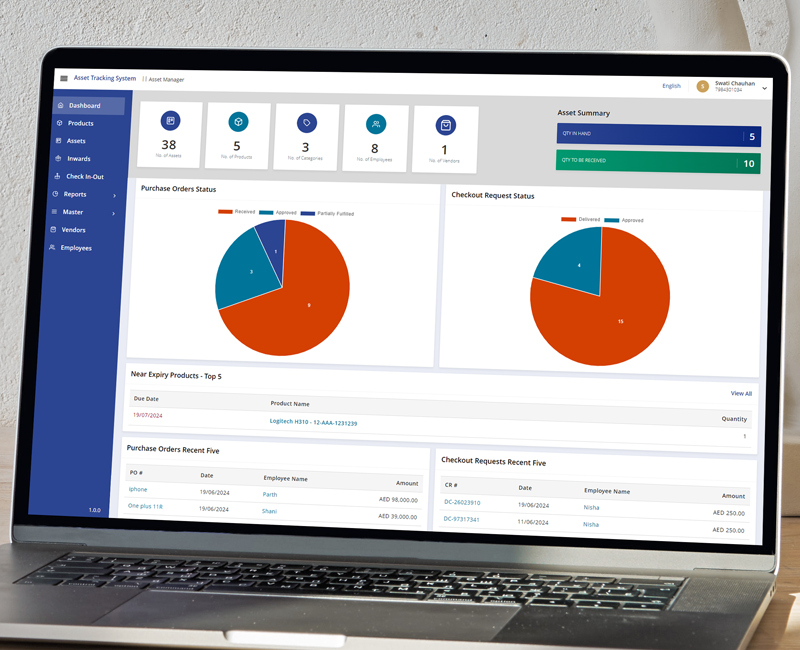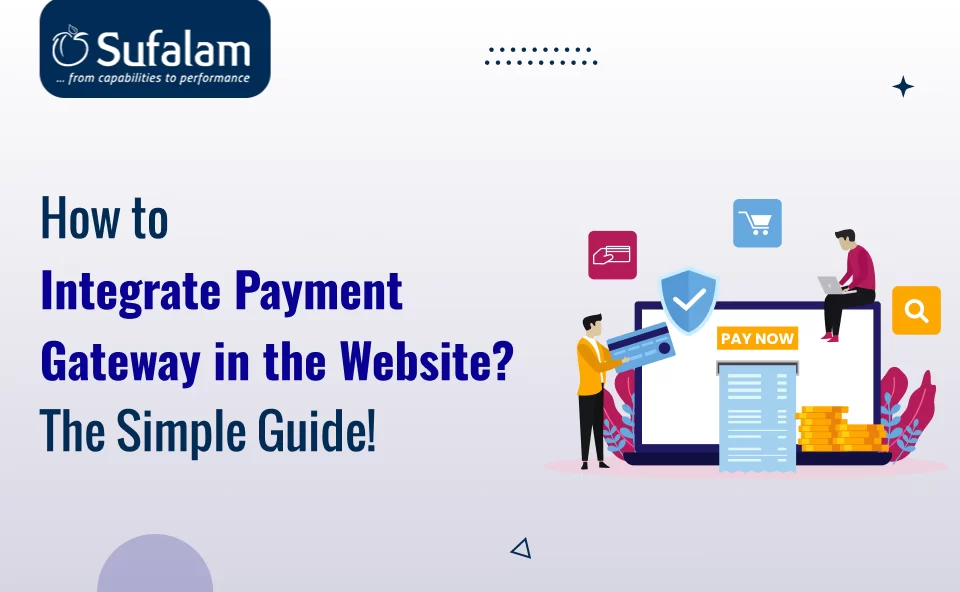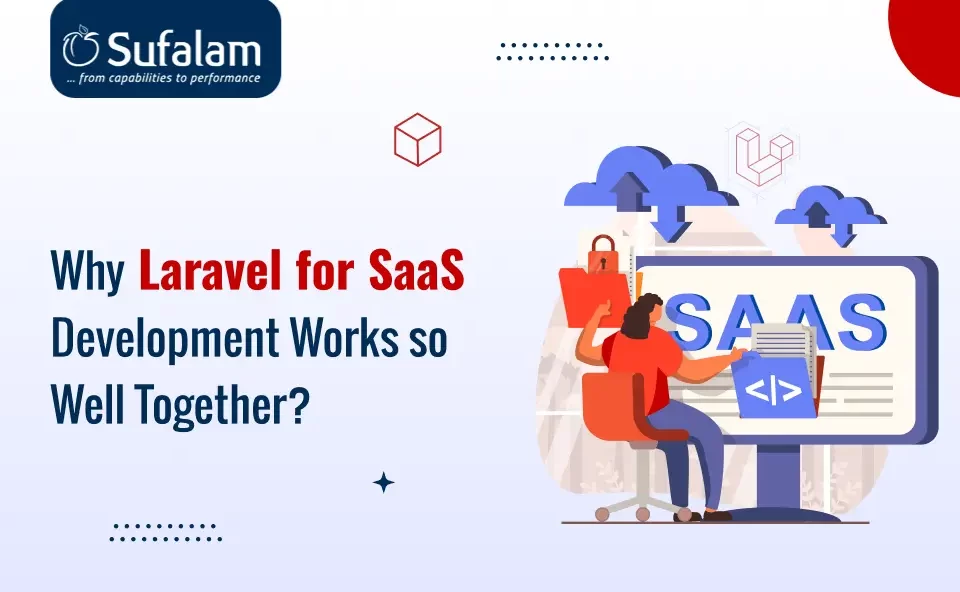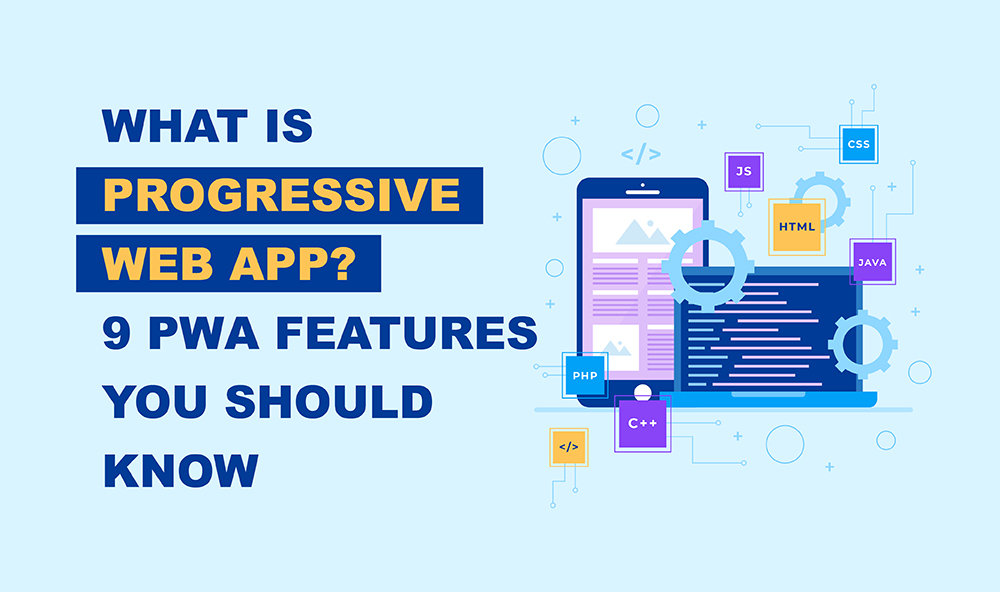
Apps continue to play a significant part in our everyday lives in this digital age, and many business owners have frequently pondered whether or not they should develop their own apps. The only response is, “it varies.” But, even if you construct an app, its development and upkeep are time-consuming and often pricey. Fortunately, there is still a choice. This choice combines the benefits of native apps with web-based technology.
That intriguing technology is called a Progressive Web App, and it’s significantly revolutionizing the app development industry.
If you would like your app to run on every platform, anywhere, and every time, PWAs should be your top priority.
You’ll discover what PWAs are in this post, how they can address your app development problems, and how you can start creating one immediately.
What is a Progressive Web App (PWAs)?
Progressive Web Applications (PWAs) are apps created using web technologies that we are all familiar with and enjoy, such as HTML, CSS, and JavaScript. However, they replicate the look and feel of a real native app.
PWAs are designed with features like push notifications and offline working. Modern APIs are also used in their development, which makes it simple to provide further functionality, dependability, and flexibility to deploy them on any device.
PWAs take advantage of the vast web ecosystem, which includes plugins, communities, and the apparent simplicity of maintaining a website as opposed to developing a native application, which is somewhat challenging. As a result, it is simple and quick to create a PWA.
One thing these products have in mind is that they are all updatable on your home screen, can work offline from the last place you left off, and provide a basis for comparison and functionality to their native apps.
Many businesses have switched to PWA as a result of its widespread appeal and wide range of benefits. Top firms include Twitter, Pinterest, Uber, Tiktok, Spotify, and many more.
What are the unique selling advantages of PWAs? Let’s find out!
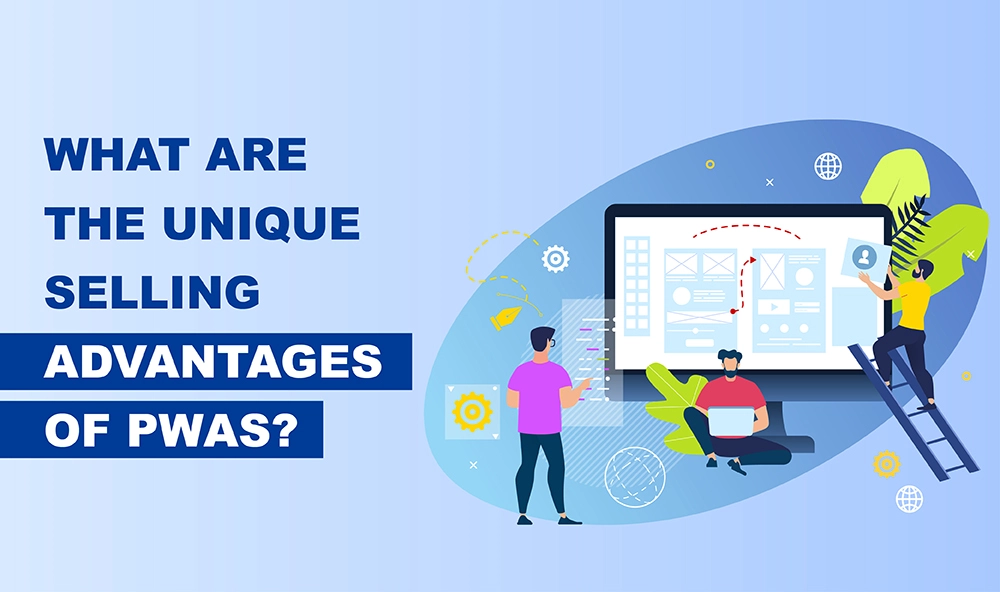
1. Highly responsive
The primary selling point of PWAs is that they are unrestricted, unlike traditional apps, which are limited to working with a single platform. It calls for PWAs to be as advanced and compatible with as many platforms as feasible.
They ought to function with any browser that the user owns. If a PWA can’t run on specific operating systems or browsers, it can’t actually be termed a PWA.
Progressive enhancement is among the primary features that distinguish PWAs from conventional apps and should be considered before releasing your software in that form. However, if you want it to be responsive, ensure that its API works with various systems.
2. Enhanced SEO results.
The PWA is intrinsically focused on the web. It was created with search results in order to make discovery simple and was born from the web. Even though search engines have gotten better at rendering JavaScript, many PWAs still employ it to construct more complicated functionality.
When configuring a PWA, you must ensure that your JavaScript is accessible.
But, while opting for PWAs, don’t only consider it for its SEO benefits. Make your site a PWA if it makes perfect sense to do so, as per your business requirements. It’s a good idea to employ PWAs if your PWA is excellent and provides your users with a wonderful user experience.
3. Pocket-friendly
PWAs are less expensive to produce than Native Apps. When creating a native app, you’ll need to learn a specific programming language and develop versions for Android and iOS devices. On the other side, you might decide to engage a qualified expert to complete the task for you, which will even prove to be more expensive.
Future software maintenance and updates will demand resources, which will cost a lot of money and effort.
RELATED: Mobile App Development Cost
For a PWA, only one codebase is used across all platforms. Additionally, it saves time because you may modify your current website to suit you rather than having to create it from the start.
Improved web security gives your customers substantial certainty whether they share data, make purchases, or communicate via mobile devices.
4. Less storage space is needed!
PWAs take up much less space on your smartphone than installed native apps because they are web-based. Additionally, even while many PWAs store data for offline access, they nevertheless take up much less storage space than equivalent native apps.
Because it doesn’t require downloading, it is immediately compatible, and there is no worry that the user won’t have enough storage space. Starbucks, for instance, has a PWA that is more than 99% smaller than its original iOS app.
You may verify this for yourself by visiting popular platforms’ PWAs, such as Twitter, and contrasting them with their native mobile app development. Your overall data use can decrease by 80% on average, and you’ll use about 25 times less device space overall.

5. Better Security
An SSL certificate should now be used to encrypt a website in order to add an additional layer of protection. As we already know, PWAs are websites that have been turned into apps, making them safer because they employ HTTPS. These security protocols provide secure data transfer between client and server so that it can’t be manipulated.
Modern browsers are also set up to limit cross-origin queries so that one-click assaults are not made possible.
You must put in place a number of security measures, such as multi-factor authentication and others, to protect your native apps.
6. Speed
Irrespective of the network, a solid Progressive Web App development seems quick and trustworthy.
In order to entice customers to use your experience, speed is essential. In fact, the likelihood that a user will leave a page climbs by 123% when page load times increase from one second to ten seconds.
The onload event does not result in a halt to performance. Users should never question whether an engagement, such as clicking a button, was actually made. Animation and scrolling ought to feel seamless. The whole user experience, from how they perceive your software to how it actually functions, is impacted by performance.
Last but not least, dependable programs must be operable even without a network connection. Users should have reliable experiences and apps that react quickly to user engagement.
7. Offline connectivity
It is completely obvious that if the internet goes down, you cannot access a website. However, PWAs can still be accessed with poor or no connectivity.
Users can engage with a PWA regardless of the connectivity while it is running in a web browser.
This is accomplished by pre-caching the app’s data. The usage of what is referred to as a service worker makes this caching possible. The service worker program made caching resources possible.
The internet connection will sometimes be less robust for users, even those who are fortunate enough to have one. Furthermore, PWA makes it simple to provide a flawless experience even without internet access.
8. Relief from the distribution platform nightmare!
PWAs are a treat for developers once more due to their simple coding requirements. You must meet a broad number of requirements for mobile app development in order for app distribution services like Apple Store and Google Play to authorize them.
These providers have a reputation for eliminating off their platform any application they determine to be unworthy at any given time. It takes a lot of time to ensure that an app has everything required by an app distribution platform like the Apple Store or Google Play; therefore, this is a developing headache.
PWAs are an exception to this. You can relieve yourself of this suffering and feel secure knowing that PWAs are exempt from all of these requirements.
9. Push Notifications
PWAs have full access to device-based features like push notifications, much like native mobile apps. This skill may be used in a variety of ways and enables businesses to use content advertising to its fullest potential.
RELATED: How to Convert a Website into a Mobile App
Why are these notifications so effective in delivering PWA content? The users’ permission for their forward-thinking apps to deliver notifications vastly increases the options to market goods or services.
Additionally, these notifications are displayed on mobile devices’ screens, which increases the likelihood that users would pay attention to them, especially in comparison to blog posts, posts on social networks, or email newsletters.
Bottom line
In general, PWAs are pretty promising, and you should consider using them to expand your business. It represents the web software technology of the future. It is specifically designed for the mobile web and is the instrument your e-commerce needs to draw in customers and make money. PWAs enable conversion rates, lower your product prices, and are reachable.
It will be one of your company’s most valuable assets right away because of its features and advantages. From Sufalam Technologies, you may employ experts who can assist you with Progressive Web Apps development. We have the necessary tools and intelligent minds to carry out your company’s request just as you had envisioned.




